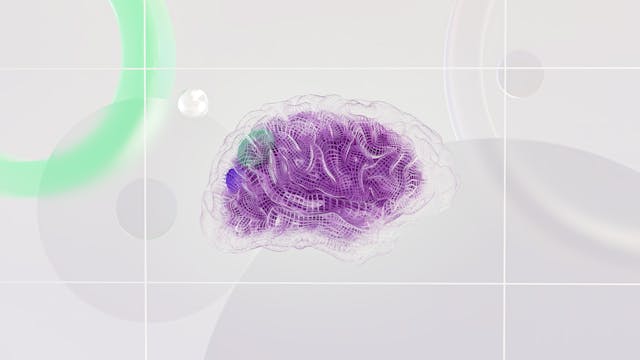Thematic Areas
The CEET performs environmental health research on topics relevant to our region: Air Pollution & Lung Health; Environmental Exposures & Cancer; Windows-of-Susceptibility; and Environmental Neuroscience. Each thematic area integrates the pillars of exposure science, adverse outcome pathways with translation to communities. This structure facilitates the formation of interdisciplinary, translational research teams. The thematic areas are unified by cross-cutting themes in exposomics and the effects of extreme weather on health.
Air Pollution & Lung Health
The Air Pollution & Lung Health team leverages nationally recognized faculty in exposure assessment, lung biology and pathophysiology, and patient-oriented research and community engagement to reduce the burden of lung disease in our region. Team members are affiliated with the Division of Pulmonary, Allergy and Critical Care, Harron Lung Center, Penn Center for Pulmonary Biology, and the Penn-CHOP Lung Biology Initiative. Investigators study the effects of air pollution (priority air pollutants, PM10.0, PM2.5, NOx, CO, Pb, SO2 and O3) on lung health.
View AP Team
Environmental Exposures & Cancer
The Environmental Exposures & Cancer team has expertise in exposure assessment, mechanistic carcinogenesis, thoracic and skin malignancies, and community engagement. Many team members are affiliated with the comprehensive Abramson Cancer Center. Investigators study exposure to carcinogens and develop biomarkers of exposure, effect and intermediate cancer biomarkers.
View EC Team
Windows-of-Susceptibility
The Windows-of-Susceptibility team is supported by strong basic research in epigenetics, translational research in the Center for Women’s Health and Reproductive Medicine, and clinical practice in OB/GYN and pediatrics. Investigators study the effects of exposures at critical times in the life span preconception, in utero, the neonate, adolescent and geriatric.
View WS Team
Environmental Neuroscience
The Environmental Neuroscience team integrates unique New Approach Methods (NAMs), cellular and animal models with human studies and is supported by faculty from the world-renowned Center for Sleep and Circadian Neurobiology, the Mahoney Institute for Neuroscience which includes faculty from the Departments of Neurology and Neuroscience and is supported by the Department of Pathology & Laboratory Medicine, Department of Psychiatry, and the Institute on Aging. Investigators study the effects of environmental exposures on neurodevelopment, neurobehavior and neurodegeneration.
View EN Team